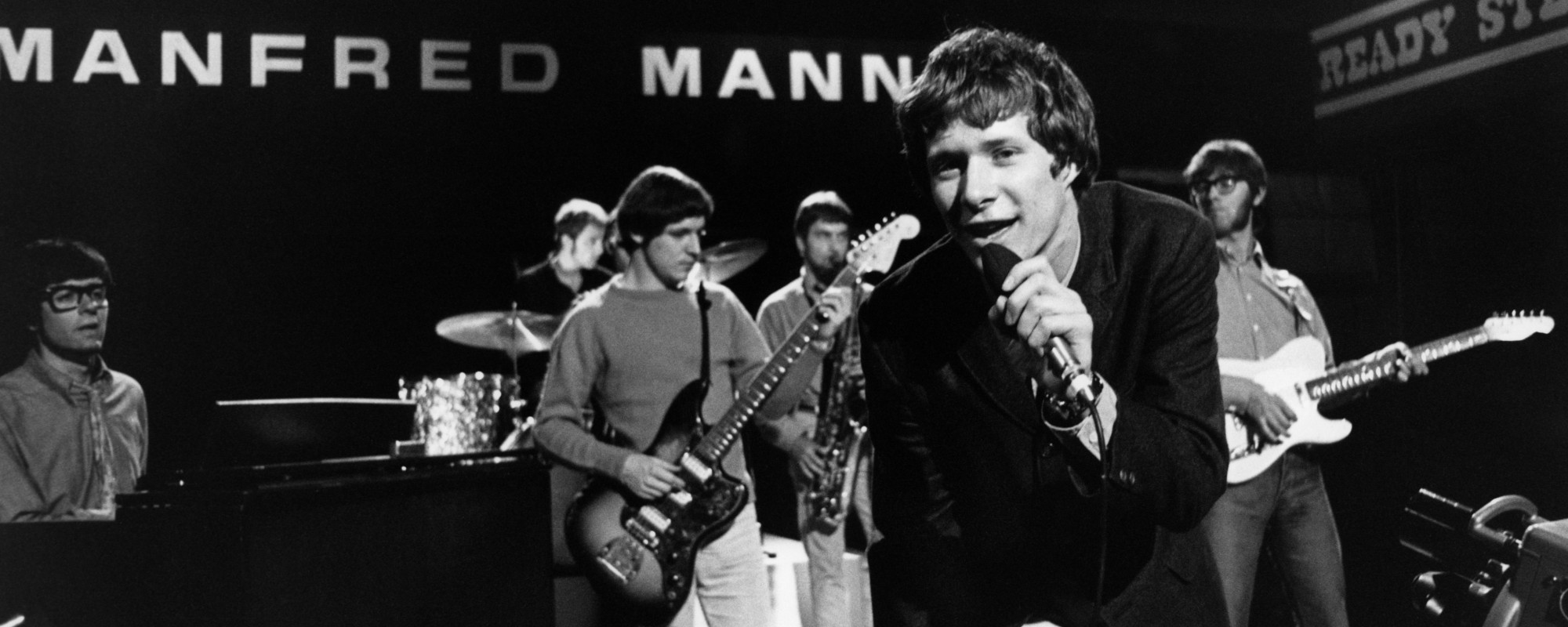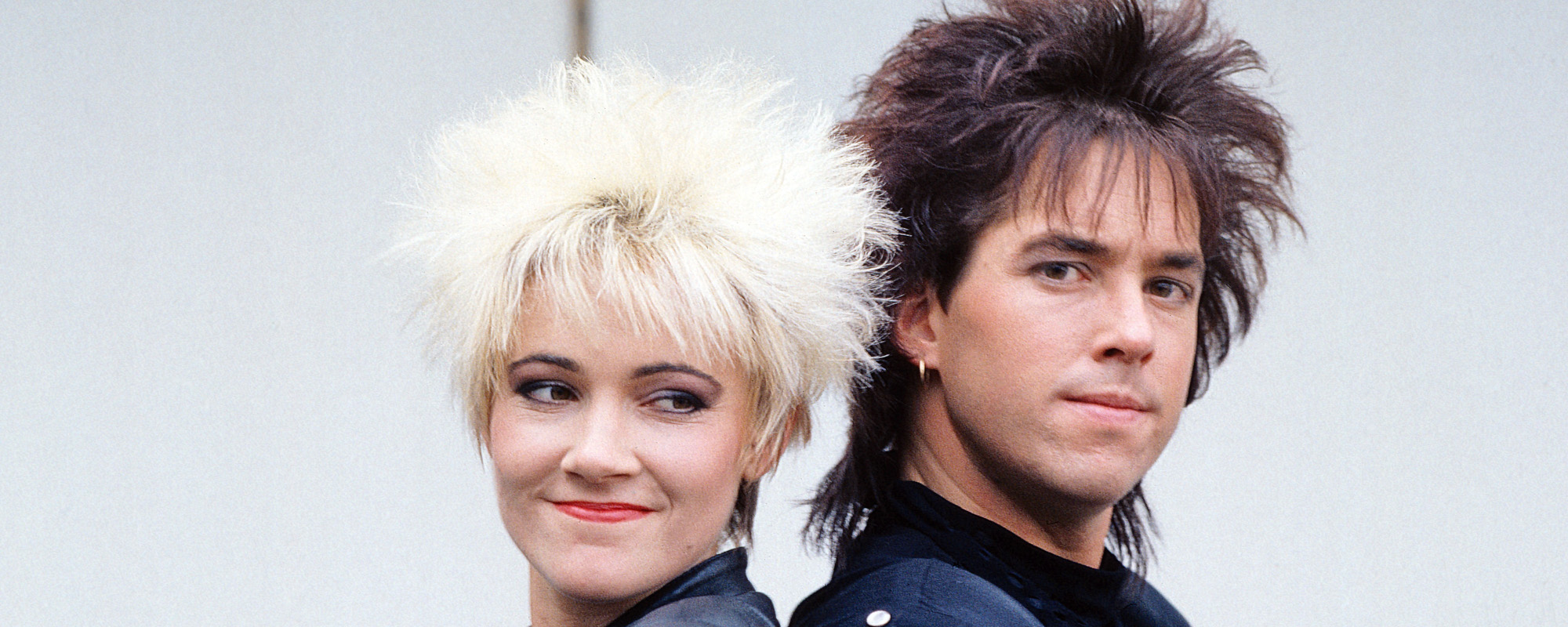Tammy Wynette was turned down by a number of labels before songwriter, producer, and record executive Billy Sherrill signed her to Epic Records in 1968. Once on board, Wynette and Sherrill wrote her biggest hit “Stand By Your Man,” the title track of her fourth album. When Wynette initially wrote the song she didn’t have much faith in her songwriting. After playing “Stand By Your Man” to George Jones, who she would marry in 1969, she still didn’t get much support.
Videos by American Songwriter
“I went home and played it for George, and he didn’t like it,” said Wynette in a 1978 interview. ”He didn’t know I’d written it, so I asked him what he didn’t like and he said ‘I dunno, I just don’t care for the song.’ That kinda got me started off wrong with ‘Stand By Your Man,’ but it’s grown on me now.”
Anti Women’s Liberation?
Released in 1968 at the cusp of a the women’s liberation movement stirring in the late’60s, some took offense to the song, which they say said women should stick by their man despite his indiscretions.
Sometimes it’s hard to be a woman
Giving all your love to just one man
You’ll have bad times, and he’ll have good times
Doin’ things that you don’t understand
But if you love him, you’ll forgive him
Even though he’s hard to understand
And if you love him, oh, be proud of him
‘Cause after all, he’s just a man
A “Pretty Love Song”
Written in just 15 minutes, Wynette always insisted she was just trying to write a “pretty love song,” and had no social or political slant, but the Women’s Lib insisted the song contradicted their entire cause.

“I can sympathize very easily because I have seen it happen in Mississippi where I was raised, and Alabama, growing up as a child, where a woman couldn’t make a third of what a man could make doing an identical job,” Wynette said in an interview with Melody Maker. “I can sympathize with that, and I feel it’s very wrong. A woman should be equal to a man for anything she’s capable of doing, but I still feel there’s a lot of things she isn’t capable of doing—physically.”
Wynette added, “Personally, I’m not particularly fond of the thought of digging ditches or climbing telephone poles. I’d rather stick with something a little more feminine. I wouldn’t want to lose the little courtesies that we’ve always been extended, like lighting cigarettes and opening doors, and pulling out chairs and things like that. I enjoy that. I guess I just enjoy being a woman.”
“Stand By Your Man” producer and co-writer Sherrill once said, “‘Stand By Your Man’ is just another way of saying ‘I love you,’ without reservations.”
In her 1979 autobiography, Stand By Your Man – An Autobiography, Wynette continued to defend the meaning of the song. “I don’t’ see anything in that song that implies a woman is supposed to sit home and raise babies while a man goes out and raises hell,” wrote Wynette. “To me, it means: be supportive of your man; show him you love him and you’re proud of him, and be willing to forgive him if he doesn’t always live up to your image of what he should be.”
“D-I-V-O-R-C-E”
“Stand By Your Man” was actually a follow-up single to “D-I-V-O-R-C-E,” which Wynette released in 1968 as the title track of her third album, and centers around an entirely different take on handling the challenges of marriage.
In her personal life, Wynette was married five times with four of her marriages ending in divorce. Her third marriage to Jones lasted through 1975 and was known to be the most tumultuous, and abusive. Though both were divorced, Wynette and Jones continued to work together through the 1990s and even released the 1995 duet album One, three years before Wynette’s death in 1998 at the age of 55.
The Clintons
In the early 1990s, when President Bill Clinton was involved in the scandal alleging an affair with Gennifer Flowers in 1992, his wife, former Secretary of State Hillary Clinton said “I’m not sitting here, some little woman standing by my man like Tammy Wynette,” during a 60 Minutes interview.
Angered by Clinton’s comment, Wynette issued the following statement shortly after the interview: “With all that is in me I resent your caustic remark. I, with no apologies, am as angry as I can be with your statement. Mrs. Clinton, you have offended every woman and man who love that song – several million in number. I believe you have offended every true country music fan and every person who has ‘made it on their own’ with no one to take them to a White House.”
In response to Wynette, Clinton said, ”I didn’t mean to hurt Tammy Wynette as a person. I happen to be a country-western fan. If she feels like I’ve hurt her feelings, I’m sorry about that.”
In the Movies
Featured in the 1970 film Easy Pieces, starring Jack Nicholson, the song has continued to pop up in more movies throughout the decades, including Sleepless in Seattle, The Blues Brothers, Hellboy, and Goldeneye. Additionally, “Stand By Your Man” has been covered by multiple artists throughout the years, including The Chicks, Lyle Lovett, whose version appeared in the 1992 film The Crying Game, as well as the late Patti Page and Wendy O. Williams of punk band The Plasmatics.
A Country Classic
Hitting No. 1 on the country charts, “Stand By Your Man” remains the biggest song of Wynette’s career. In 1970, the song earned Wynette a Grammy award for Best Female Country Vocal Performance and was later inducted into the Grammy Hall of Fame in 1999, a year after Wynette’s death.
In 2010, “Stand By Your Man” was chosen by the Library of Congress for inclusion in the National Recording Registry, which annually adds songs that are “culturally, historically, or aesthetically significant.”












Leave a Reply
Only members can comment. Become a member. Already a member? Log in.